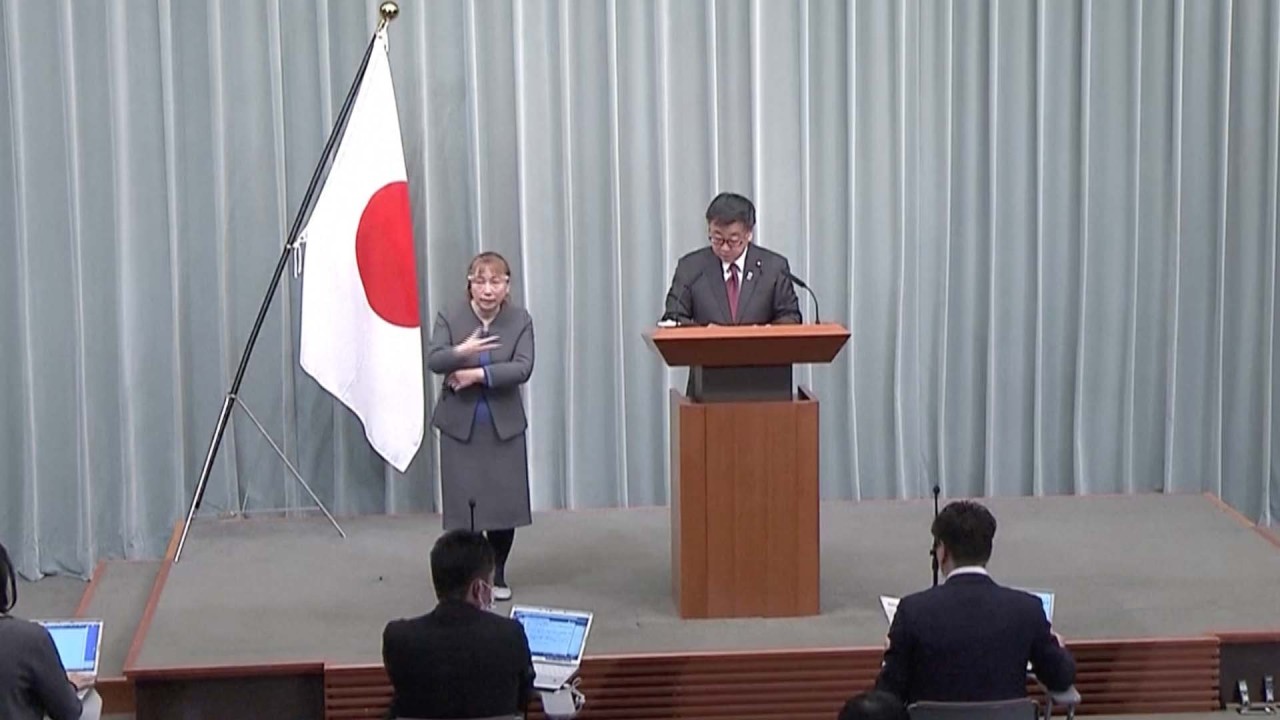
Will Japan’s defence moves heighten tensions in the Taiwan Strait?
- Apart from unveiling a record military budget, Tokyo and Washington have also drawn up a draft plan for a joint operation for a possible Taiwan emergency
- While China has vowed to protect its interests, Japan should devise a strategy that addresses its security needs and at the same time eases tensions in the region
Last Thursday, Japan’s Kyodo news agency reported that the US and Japanese armed forces had drawn up a draft plan for a joint operation for a possible Taiwan emergency.
US marine corps would set up temporary bases on the Nansei island chain stretching from Kyushu – one of the four main islands of Japan – to Taipei at the initial stage of a Taiwan emergency and would deploy troops, government sources said. Japanese armed forces would provide logistical support in such areas as ammunition and fuel supplies.
A day later, Tokyo approved a record defence budget of 5.4 trillion yen (US$47.2 billion). Even though the amount is modest as compared to Washington’s US$778 billion and Beijing’s US$252 billion, it was the country’s biggest increase in military spending in decades.
Japan will also create a senior diplomatic position dealing exclusively with Taiwan-related issues, an unusual move given that it follows the one-China policy while maintaining unofficial relations with the self-ruled island.
These developments likely prompted Chinese defence chief General Wei Fenghe to say in virtual talks with his Japanese counterpart Nobuo Kishi on Monday that Beijing is determined to protect the nation’s sovereignty and interests.
But as Kishi rightly pointed out after the meeting, peace and stability in the Taiwan Strait are vital to Japan’s security.
This is why Tokyo needs to consider how to balance its moves to beef up its defences with the signals it is sending which will invariably factor into Chinese military planning and calculus.
Despite doubling its military patrols in the Taiwan Strait this year, China is likely to conduct even more such patrols in 2022, according to Kuo Yujen, director of Taiwan’s Institute for Policy Research.
Tokyo must surely be aware that apart from military and strategic deliberations, Chinese domestic considerations, especially negative public opinion towards Japan are increasingly shaping decisions made by China’s leaders.
Can Japan dial down tensions even as it prioritises strengthening its own defences? This should be at the top of policymakers’ minds. A recalibration of Tokyo’s moves will help ease the risk of unintended and accidental clashes, which would be dangerous for the entire region.


